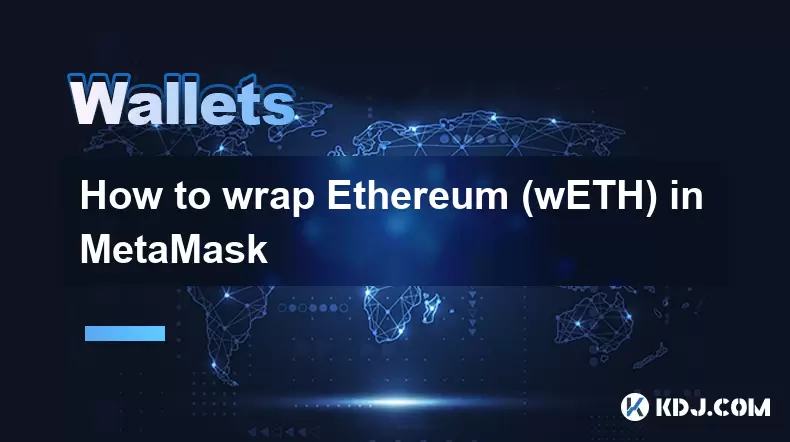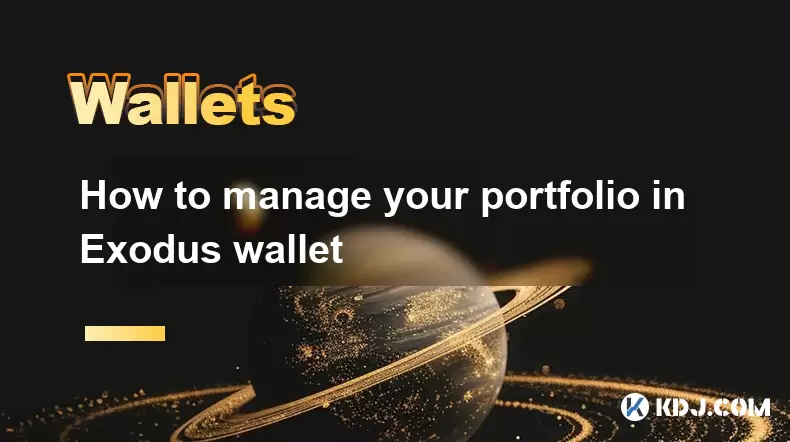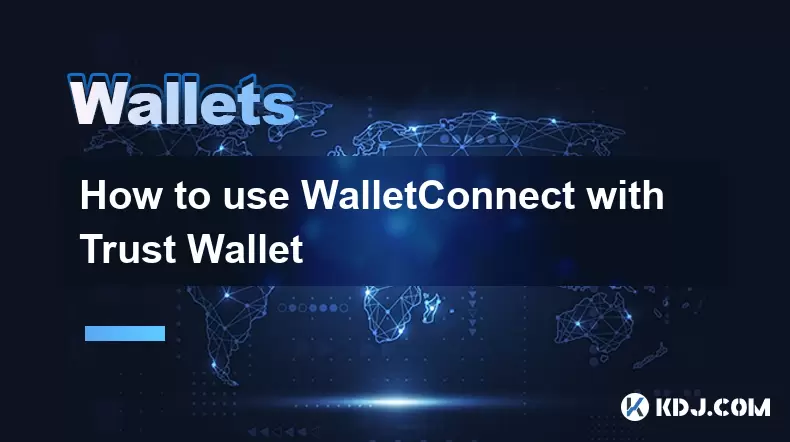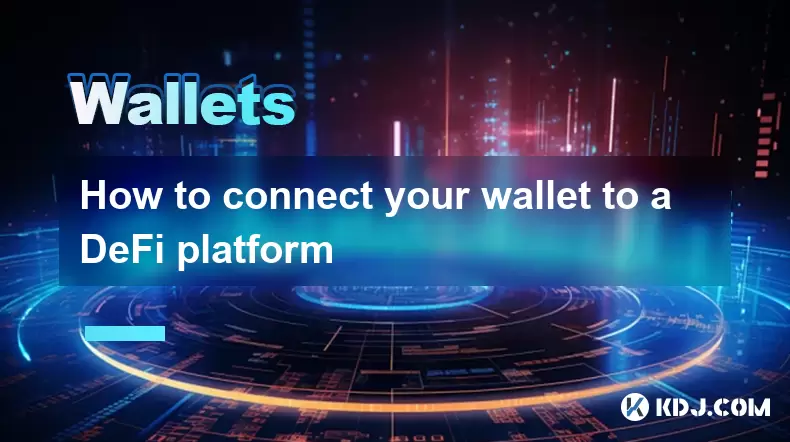-
 Bitcoin
Bitcoin $117600
0.25% -
 Ethereum
Ethereum $4424
0.10% -
 XRP
XRP $3.101
0.50% -
 Tether USDt
Tether USDt $1.001
-0.01% -
 BNB
BNB $836.2
1.26% -
 Solana
Solana $188.8
2.11% -
 USDC
USDC $1.000
0.01% -
 Dogecoin
Dogecoin $0.2301
0.57% -
 TRON
TRON $0.3485
-1.00% -
 Cardano
Cardano $0.9209
-1.34% -
 Hyperliquid
Hyperliquid $46.72
-1.19% -
 Chainlink
Chainlink $22.62
4.84% -
 Stellar
Stellar $0.4275
-0.38% -
 Sui
Sui $3.761
1.91% -
 Bitcoin Cash
Bitcoin Cash $586.7
-0.25% -
 Ethena USDe
Ethena USDe $1.001
0.01% -
 Hedera
Hedera $0.2510
2.06% -
 Avalanche
Avalanche $24.21
2.22% -
 Litecoin
Litecoin $119.7
1.07% -
 Toncoin
Toncoin $3.450
1.06% -
 UNUS SED LEO
UNUS SED LEO $9.411
-0.93% -
 Shiba Inu
Shiba Inu $0.00001298
1.20% -
 Uniswap
Uniswap $10.98
3.25% -
 Polkadot
Polkadot $3.961
2.16% -
 Dai
Dai $1.000
0.00% -
 Bitget Token
Bitget Token $4.642
0.95% -
 Cronos
Cronos $0.1514
0.57% -
 Ethena
Ethena $0.7290
3.78% -
 Monero
Monero $254.1
7.69% -
 Pepe
Pepe $0.00001102
2.47%
How to participate in NFT transactions in imToken?
imToken facilitates NFT trading on EVM-compatible blockchains via integrated marketplaces; users manage private keys, paying gas fees while prioritizing security measures like verifying contract addresses and using strong passwords to prevent scams.
Mar 21, 2025 at 03:08 am

Key Points:
- imToken's support for NFT transactions is primarily through its integration with various EVM-compatible blockchains.
- The process involves connecting your imToken wallet to NFT marketplaces and utilizing ETH or other supported tokens for transactions.
- Understanding gas fees and network congestion is crucial for efficient and cost-effective NFT transactions.
- Security best practices, like verifying contract addresses and using strong passwords, are essential to prevent scams and loss of funds.
- imToken doesn't directly host NFTs; it acts as a secure wallet to manage your private keys and interact with NFT marketplaces.
How to Participate in NFT Transactions in imToken?
imToken, a popular multi-chain wallet, facilitates NFT transactions by providing a secure interface to interact with various blockchain networks supporting NFTs. It's important to understand that imToken itself doesn't store the NFTs; it acts as a key manager allowing you to interact with decentralized marketplaces where the NFTs reside. This interaction requires a basic understanding of blockchain technology and the specific NFT marketplace you choose.
Connecting Your imToken Wallet:
Before initiating any NFT transaction, you need to ensure your imToken wallet is properly configured. This involves adding the necessary network to your wallet, such as Ethereum Mainnet, Polygon, or Binance Smart Chain, depending on where the NFT you wish to buy or sell resides. Each network has its own associated fees, which are crucial to consider.
Choosing a Marketplace:
Numerous decentralized marketplaces facilitate NFT trading. Popular choices include OpenSea, Rarible, LooksRare, and others. Each marketplace has its own user interface and features, so familiarity with the chosen platform is vital. Before interacting with any marketplace, ensure it is legitimate and research its reputation to avoid scams.
Buying NFTs:
- Navigate to the Marketplace: Open your preferred NFT marketplace via your web browser or a DApp browser within imToken.
- Connect Your Wallet: Connect your imToken wallet to the marketplace following their instructions. This typically involves clicking a "Connect Wallet" button and selecting imToken from the list of supported wallets.
- Browse and Select: Explore available NFTs and choose the one you wish to purchase.
- Review and Confirm: Carefully review the purchase details, including the price and any associated fees.
- Approve and Finalize: Approve the transaction within imToken by signing the transaction using your wallet's private key. This step confirms your intent to purchase.
Selling NFTs:
- List Your NFT: Navigate to your profile or inventory section within the chosen marketplace.
- Set a Price and Details: Specify the price you wish to sell your NFT for, along with any relevant details or descriptions.
- Confirm Listing: Review the listing details and confirm the process to list your NFT on the marketplace. The NFT will remain linked to your imToken wallet until purchased.
Understanding Gas Fees:
Gas fees are transaction fees paid to miners to process transactions on the blockchain. These fees vary depending on network congestion and the complexity of the transaction. High gas fees are common during peak periods of activity. It's wise to monitor gas prices before initiating a transaction to minimize costs.
Security Best Practices:
- Verify Contract Addresses: Always double-check the contract address of the NFT and the marketplace before interacting with them. Scammers often create fake contracts to steal funds.
- Use a Strong Password: Choose a robust and unique password for your imToken wallet to protect your assets.
- Enable Two-Factor Authentication (2FA): Adding 2FA adds an extra layer of security to your wallet.
- Beware of Phishing: Be cautious of suspicious links or emails claiming to be from legitimate NFT marketplaces or imToken.
Common Questions:
Q: Can I use imToken on my mobile device to trade NFTs?
A: Yes, imToken is available on both iOS and Android devices, allowing you to participate in NFT transactions directly from your mobile phone.
Q: What blockchains does imToken support for NFT transactions?
A: imToken supports numerous EVM-compatible blockchains including Ethereum, Polygon, Binance Smart Chain, and others. The specific blockchains supported may change over time. Always check imToken's official documentation for the most up-to-date list.
Q: Are there any fees associated with using imToken for NFT transactions?
A: imToken itself does not charge fees for NFT transactions. However, you will incur network fees (gas fees) paid to the blockchain network for processing transactions. These fees vary based on network congestion and the complexity of the transaction.
Q: Is it safe to use imToken for NFT transactions?
A: imToken employs various security measures to protect user funds. However, like any digital wallet, it's crucial to follow security best practices, such as using a strong password, enabling 2FA, and being vigilant against phishing scams. The security of your funds ultimately depends on your own security practices.
Q: What happens if I lose access to my imToken wallet?
A: Losing access to your imToken wallet means losing access to your NFTs and any other cryptocurrency stored within it. Therefore, securely storing your seed phrase or recovery key is paramount. Never share this information with anyone.
Disclaimer:info@kdj.com
The information provided is not trading advice. kdj.com does not assume any responsibility for any investments made based on the information provided in this article. Cryptocurrencies are highly volatile and it is highly recommended that you invest with caution after thorough research!
If you believe that the content used on this website infringes your copyright, please contact us immediately (info@kdj.com) and we will delete it promptly.
- Kazakhstan's Crypto Leap: Bitcoin ETF and Central Asia's Digital Finance Future
- 2025-08-13 12:45:19
- BlockDAG Presale Blazes Past $371M: Fundraising Frenzy Fuels Crypto Sensation
- 2025-08-13 13:05:21
- Meme Coins: Chasing the 2025 Surge – Which Will Moonshot?
- 2025-08-13 10:25:23
- Bitcoin's Wild Ride: Rally, Pullback, and What's Next
- 2025-08-13 10:25:23
- Bitcoin, Bitmax, and Institutional Demand: A New Era of Crypto Investment
- 2025-08-13 10:45:12
- Solana, ROAM, and Airdrops: What's the Buzz in 2025?
- 2025-08-13 11:35:13
Related knowledge

How to wrap Ethereum (wETH) in MetaMask
Aug 13,2025 at 11:36am
Understanding Wrapped Ethereum (wETH)Wrapped Ethereum (wETH) is a tokenized version of native Ethereum (ETH) that conforms to the ERC-20 standard, ena...

How to manage your portfolio in Exodus wallet
Aug 08,2025 at 10:07pm
Understanding the Exodus Wallet InterfaceThe Exodus wallet is a non-custodial cryptocurrency wallet that supports a wide range of digital assets. When...

How to manage your portfolio in Exodus wallet
Aug 13,2025 at 11:35am
Understanding the Exodus Wallet InterfaceThe Exodus wallet is a non-custodial cryptocurrency wallet that supports a wide range of digital assets. Upon...

How to reset your MetaMask password
Aug 08,2025 at 01:28pm
Understanding the MetaMask Password Reset ProcessMany users confuse the MetaMask password with the seed phrase or private key, but they serve differen...

How to use WalletConnect with Trust Wallet
Aug 13,2025 at 01:07am
What Is WalletConnect and Why It Matters for Trust Wallet UsersWalletConnect is an open-source protocol that enables secure communication between dece...

How to connect your wallet to a DeFi platform
Aug 13,2025 at 11:36am
Understanding Wallet Compatibility with DeFi PlatformsBefore connecting your wallet to any DeFi platform, it's essential to ensure your wallet is comp...

How to wrap Ethereum (wETH) in MetaMask
Aug 13,2025 at 11:36am
Understanding Wrapped Ethereum (wETH)Wrapped Ethereum (wETH) is a tokenized version of native Ethereum (ETH) that conforms to the ERC-20 standard, ena...

How to manage your portfolio in Exodus wallet
Aug 08,2025 at 10:07pm
Understanding the Exodus Wallet InterfaceThe Exodus wallet is a non-custodial cryptocurrency wallet that supports a wide range of digital assets. When...

How to manage your portfolio in Exodus wallet
Aug 13,2025 at 11:35am
Understanding the Exodus Wallet InterfaceThe Exodus wallet is a non-custodial cryptocurrency wallet that supports a wide range of digital assets. Upon...

How to reset your MetaMask password
Aug 08,2025 at 01:28pm
Understanding the MetaMask Password Reset ProcessMany users confuse the MetaMask password with the seed phrase or private key, but they serve differen...

How to use WalletConnect with Trust Wallet
Aug 13,2025 at 01:07am
What Is WalletConnect and Why It Matters for Trust Wallet UsersWalletConnect is an open-source protocol that enables secure communication between dece...

How to connect your wallet to a DeFi platform
Aug 13,2025 at 11:36am
Understanding Wallet Compatibility with DeFi PlatformsBefore connecting your wallet to any DeFi platform, it's essential to ensure your wallet is comp...
See all articles

























































































